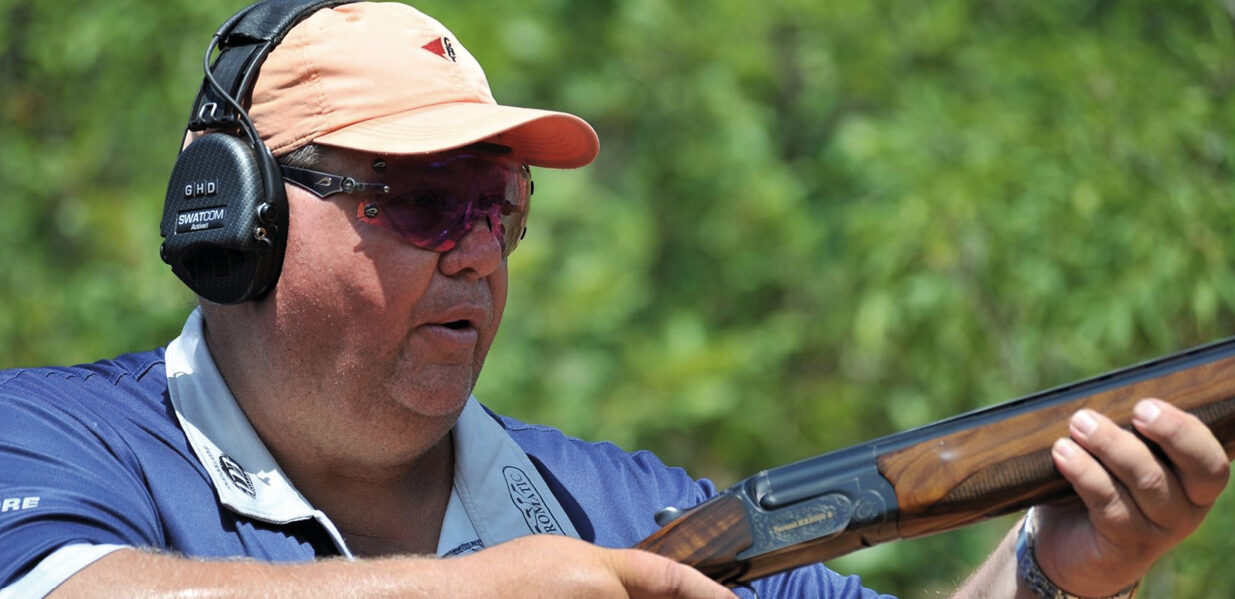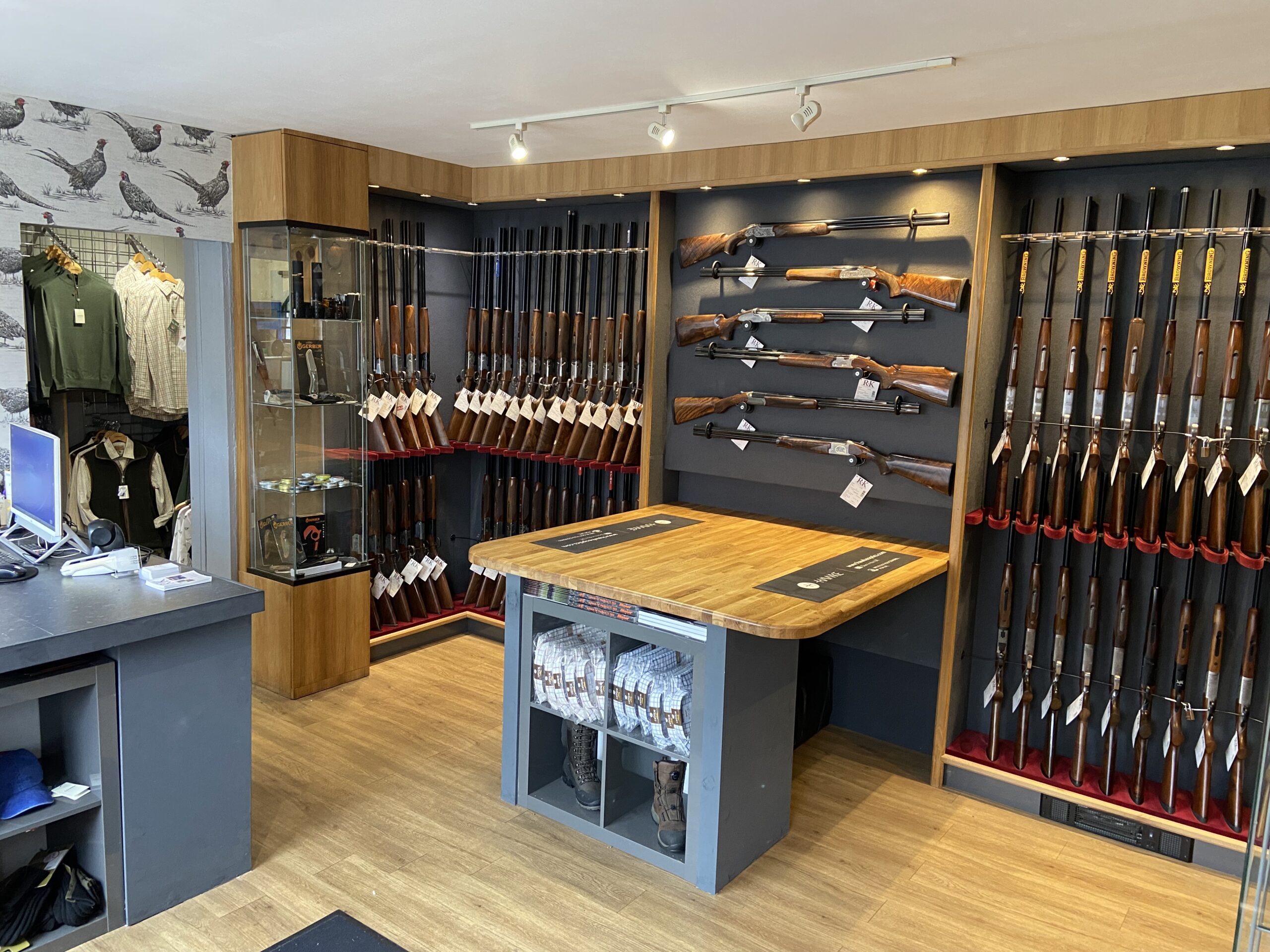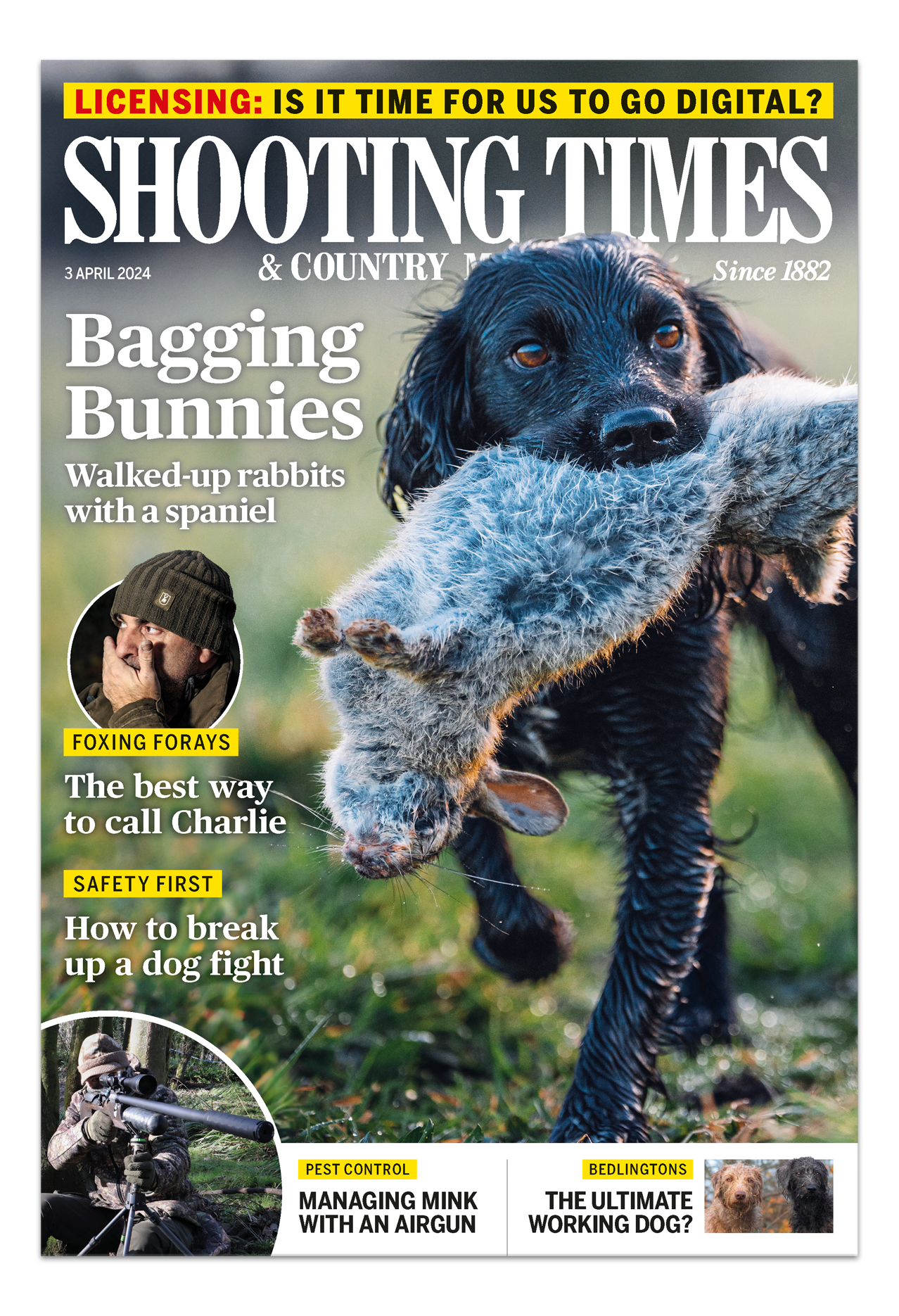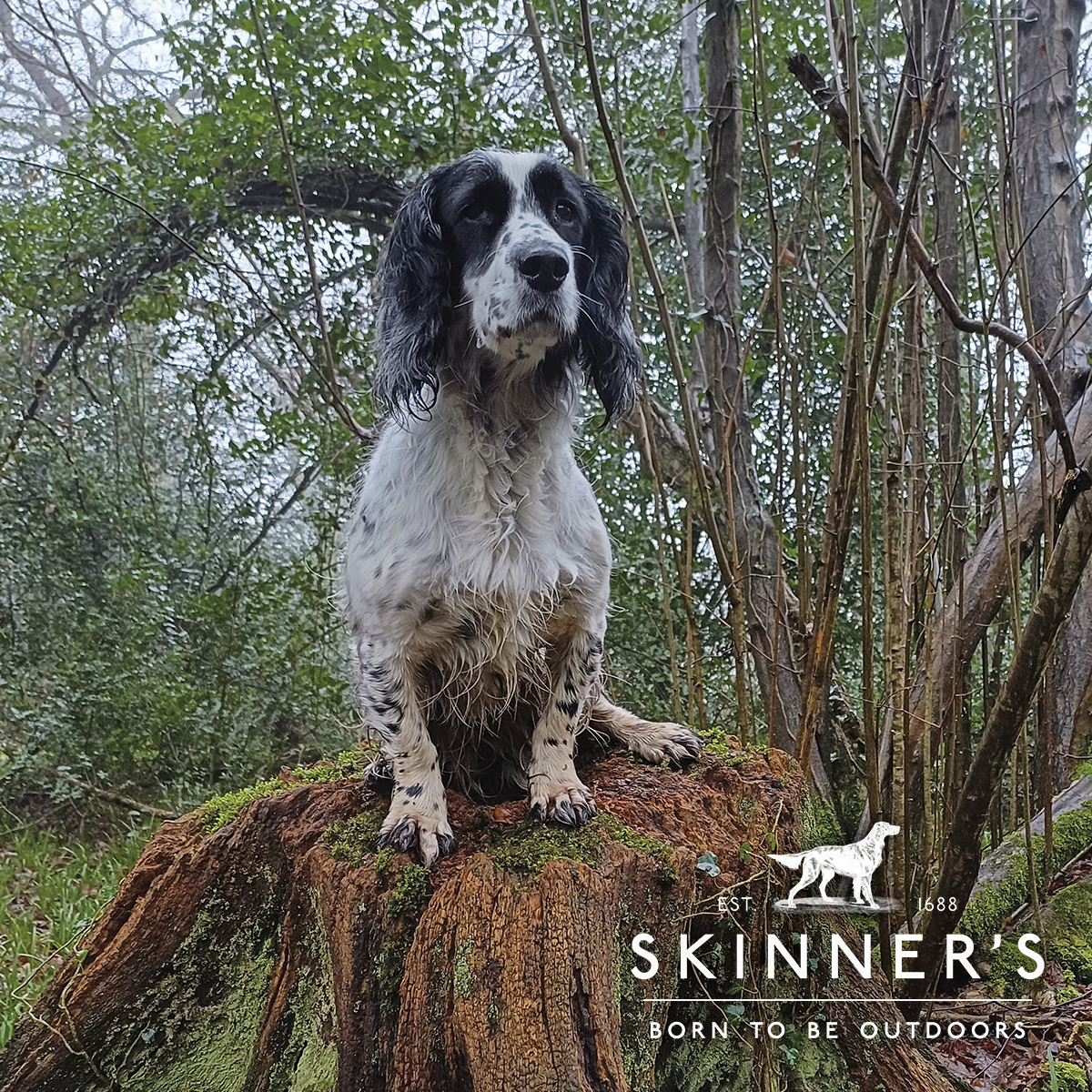Gamekeeping – Stock options
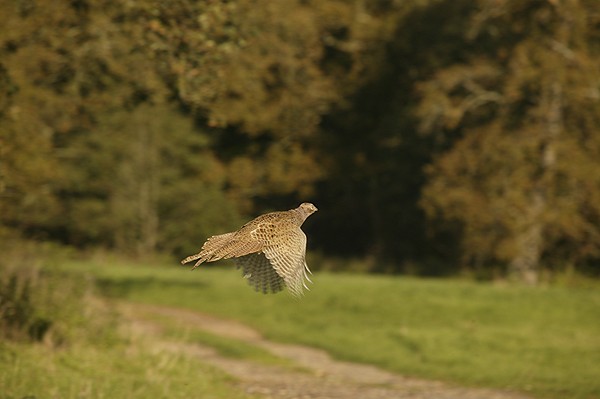
Young hen pheasants are best for roasting
We haven?t finished shooting yet, but once New Year is out of the way there are only a few weeks left of the season and the thoughts of keepers everywhere start to turn to spring. A pheasant is still worth a potential, or the equivalent of, £30 to £35 for the last few days of January and even the first day of February, but come the second of the month, the hens will be worth only a 10th of that and the cocks worth nothing at all. On our driven days, for every 100 added to the bag, the best part of 400 will have been flushed over the Guns and one or two would have gone out the side, not making the Gun line. Half of these will be hens. All shoots will have some game left on the ground at the end of the season. On every shoot, whether they are full-time keepered, part-time keepered or DIY, walking away after the last day and not coming back until next summer isn?t an option; we owe the birds much more than that. So, what are we to do with the ones we?ve got left?
To catch-up or not to catch-up?
Before you decide what to do with the birds, there is one important thing that you should ask yourself: how have they performed? If the answer is that they both held and fl ew well, you can start to weigh up the pros and cons of catching-up. If they haven?t flown as you would have liked, it?s probably not a good idea to catch-up. No-one wants to breed from substandard stock. These hens, even when bred with the best of stock cocks, won?t produce strong highflying birds for next year. Breeding from birds such as these will start a slow downward spiral, with the birds getting poorer and poorer as the seasons pass. The best option, but not the cheapest, is to change your stock, buy in some eggs, chicks or poults from a known source and start again.
These introduced birds may, with supplementary feeding, an effective vermin control programme and a little good fortune, produce a few poults for next season, but not many. Leaving a good head of game on the ground may seem like a great idea and wild broods are a wonderful sight in the summer, but, even if you?re lucky enough to live in the drier southern and eastern counties, have a good summer and are on top of predators, the young produced by birds that have been artificially reared the previous summer will be few and far between. The hens make poor mothers and, though some may hatch chicks, few will manage to rear them to the poult stage.
Options for caught-up birds
If you decide to catch-up, the next question is what to do with the hens and any cocks that are needed once you?ve caught them. Not everyone is geared up for incubation; setting up a hatchery isn?t cheap, and flock and hatchery management takes time. When keepers looked after fewer birds and shot a smaller number of days than they do now, nearly all shoots had laying pens and incubators, which were a natural progression from collecting the eggs and using a broody hen. Now, few shoots have their own and most shift their hens on to friends and neighbours with incubators, or to gamefarms that don?t overwinter their stock.
As well as catching their own birds, many shoots, such as the one I keeper on, will buy in hens from known sources to supplement those caught at home. This helps the stock by introducing new blood every year and widens the gene pool. The original DEFRA Gamebird Code, as proposed by the previous government, would have made this practice of mixing breeding stock illegal, had it not been withdrawn, and I am grateful for the lobbying done by organisations such as the National Gamekeepers? Organisation in getting the code rewritten. There is always a market for your hens if they?re known to fly well. Most gamefarms will also buy back hens from the shoots they supply or contract them against chicks or poults for the following season. I know we?re all still shooting and most of us will stick with what we know and what?s always worked for us, but it?s never a bad time to have a fresh look at how we do things, even if everything ends up staying the same.


